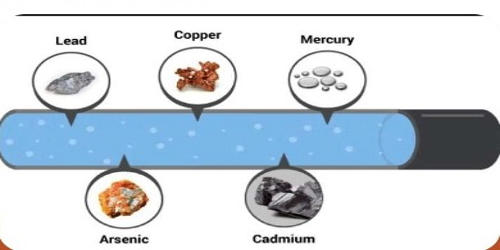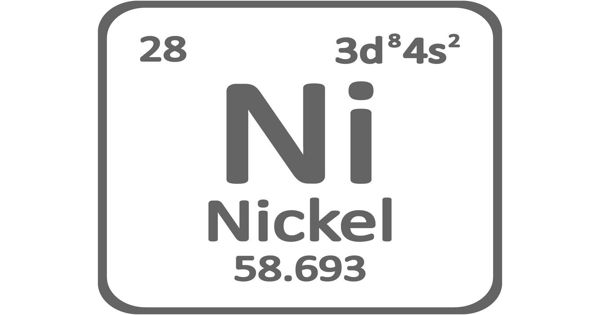Calcium lactate is a white crystalline salt with formula C6H10CaO6, consisting of two lactate anions H3C(CHOH)CO−2 for each calcium cation Ca2+. It forms several hydrates, the most common being the pentahydrate C6H10CaO6·5H2O. It is considered one of the more easily absorbed forms of calcium.
Calcium lactate is used in medicine, mainly to treat calcium deficiencies; and as a food additive with E number of E327. It’s commonly used in food products, dietary supplements, and pharmaceuticals. Some cheese crystals consist of calcium lactate.
Properties
Calcium lactate is generally considered safe and is water-soluble to some extent. However, it may have a mild laxative effect if consumed in excessive amounts. It is a calcium salt of lactic acid. It reacts with strong acids to release lactic acid and calcium salts. It is a source of calcium and is commonly used to supplement calcium intake.
- Chemical formula: C6H10CaO6
- Molar mass: 218.22 g/mol
- Appearance: white or off-white powder, slightly efflorescent
- Density: 1.494 g/cm3
- Melting point: 240 °C (464 °F; 513 K) (anhydrous), 120 °C (pentahydrate)
- Solubility in water: L-lactate, anhydrous, g/100 mL: 4.8 (10 °C), 5.8 (20 °C), 6.7 (25 °C), 8.5 (30 °C); 7.9 g/100 mL (30 °C)
- Solubility: very soluble in methanol, insoluble in ethanol
Natural Occurrence
It is found in foods (in small quantities) as a natural calcium source, particularly in fermented dairy products (such as yogurt and cheese) and in fermented beverages. It can also occur naturally in plants and certain foods that have been fortified with calcium.
Industrial Production
Calcium lactate is produced by neutralizing lactic acid (which is derived from fermentation of carbohydrates, typically from corn) with calcium carbonate or calcium hydroxide.
Uses
Food Industry
- Calcium fortification: It is used as a dietary calcium supplement in various foods and beverages (like fortified juices or dairy products).
- Food additive (E327): It is used in food products to improve texture, as an emulsifier, or as a stabilizer.
Medical Uses
- As a calcium supplement for people with calcium deficiencies (e.g., for bone health, preventing osteoporosis, or during pregnancy).
- Pharmaceuticals: For its non-toxic properties and ability to deliver calcium in a bioavailable form.
Safety
Generally regarded as safe (GRAS) for consumption by the FDA when used within recommended limits. Excessive intake may lead to hypercalcemia, leading to nausea, constipation, and kidney stones.
















